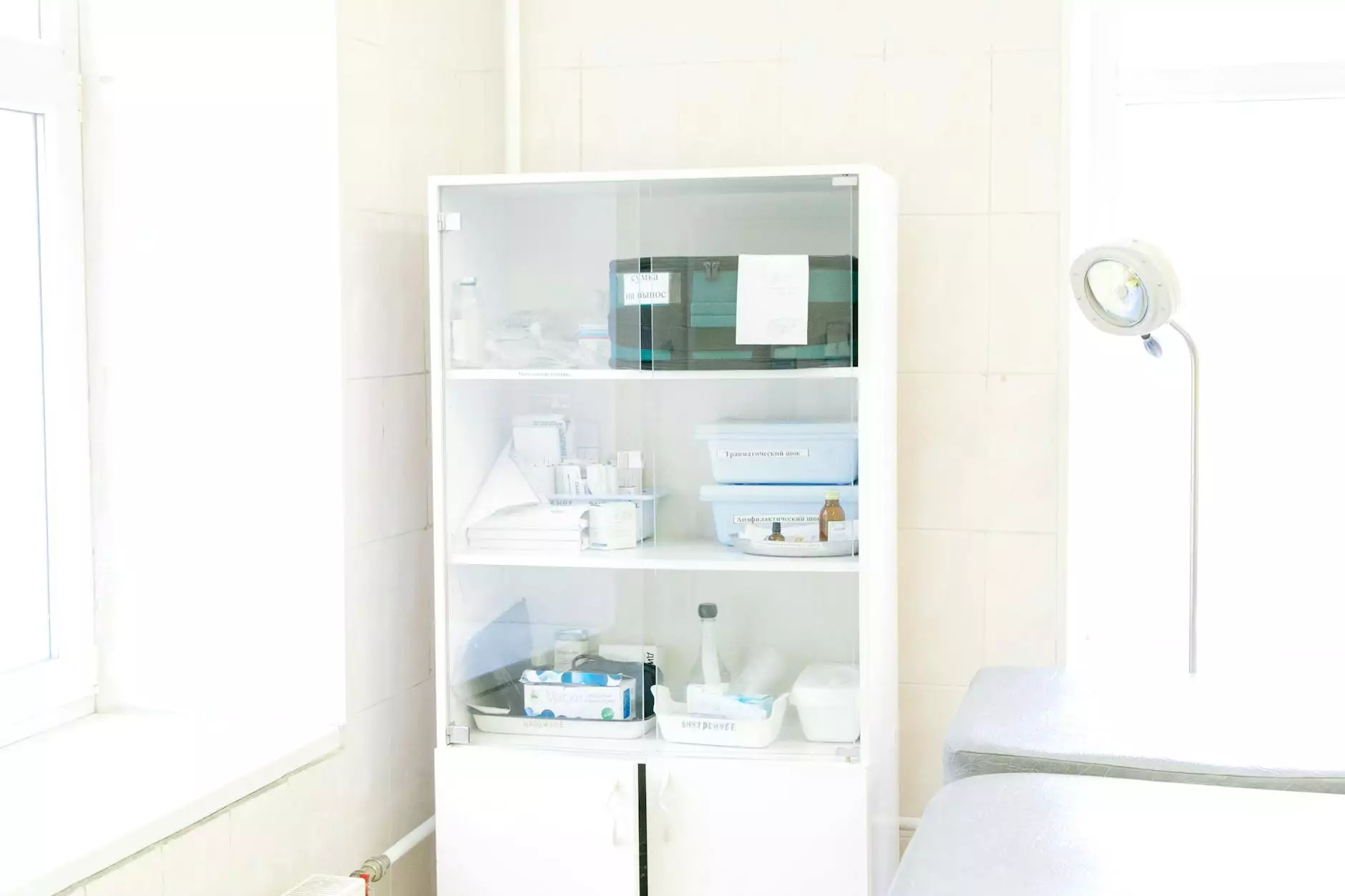What Age Should I Start Getting a Pap Smear?
Health Equity
Welcome to Norton Community Medical Associates, your trusted healthcare provider in the field of women's health. In this article, we will discuss the optimal age to start receiving Pap smears and the importance of this screening test for your overall well-being.
Why Are Pap Smears Important?
A Pap smear, also known as a Pap test, is a simple and effective screening procedure for cervical cancer. It involves collecting cells from the cervix and examining them for any abnormal changes. Regular Pap smears can detect precancerous or cancerous cells early, when they are still highly treatable. By detecting abnormalities early, Pap smears can significantly reduce the risks associated with cervical cancer.
When Should I Start Getting Pap Smears?
The age at which you should start getting Pap smears depends on various factors, including your medical history and risk factors. In general, it is recommended to begin Pap smear testing at the age of 21, regardless of whether or not you are sexually active. This initial screening is crucial for establishing a baseline for future comparisons and ensuring your reproductive health. Early detection is key in preventing cervical cancer.
If your first Pap smear results are normal, it is generally advised to continue getting the test every three years until the age of 30. However, it is important to note that if you have certain risk factors, such as a weakened immune system or a history of cervical abnormalities, your doctor may recommend more frequent screenings or different testing intervals.
Once you reach the age of 30, if you have had three consecutive normal Pap smear results, you may be able to extend the testing interval to every five years, in combination with human papillomavirus (HPV) testing. It is crucial to consult with your healthcare provider to determine the best screening schedule for your specific circumstances.
Risk Factors for Cervical Cancer
Understanding the risk factors associated with cervical cancer can help you make informed decisions about your health and screening practices. Some common risk factors include:
- Human papillomavirus (HPV) infection
- Smoking
- Having a weakened immune system
- Previous history of abnormal Pap smear results
- Exposure to diethylstilbestrol (DES) in utero
- Having a family history of cervical cancer
It is important to discuss your risk factors with your doctor during your routine check-ups. They can assess your individual risk profile and provide appropriate recommendations regarding Pap smear frequency and additional tests.
Conclusion
Regular Pap smears are a crucial part of maintaining optimal gynecological health. By starting regular screenings at the appropriate age and following the recommended testing intervals, you can significantly reduce the risk of developing cervical cancer. Remember to schedule routine visits with your healthcare provider to stay up to date with all recommended screenings and to address any concerns you may have. Norton Community Medical Associates is here to support you every step of the way on your journey to better health.









